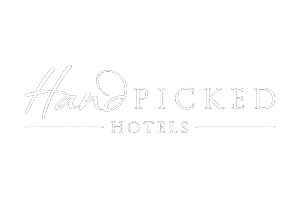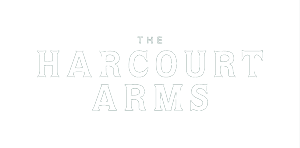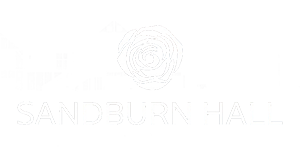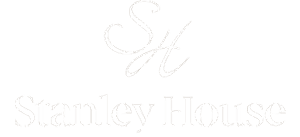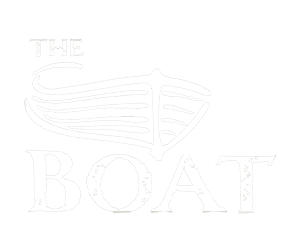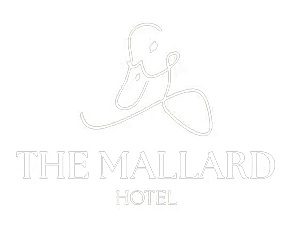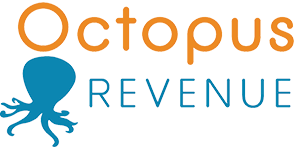
When did you last Google your hotel?
Driving direct traffic to your own website by improving your hotel SEO could pay dividends if it cuts down your OTA commissions while boosting your bookings.
It’s a tough old world out there for a hotel sailing alone in a wide open ocean of competition. With online travel agent giants such as Booking.com, Airbnb and Expedia hitting all the top spots on Google, they certainly can help to get you found - but they also charge massive commissions for the privilege.
Anything up to 25% of your room rate could be swallowed up with bookings secured through an online travel agent (OTA).
Direct bookings through your hotel’s own website are of course more profitable, but how can you ensure your potential guests can find your site? And will the costs of doing this outweigh any OTA commission rates?
Getting your hotel found on Google
Making it to the top of Google’s search listings has always been something of an inexact science. Google closely guards the secrets behind its search algorithms and continually tweaks them to deliver what it believes will be the most useful search results for any individual query. In fact, in 2021, it made an average of 13 tweaks every day.
That said, there are certain factors that are well-known to influence search results and there is a lot you can do in the way of search engine optimisation for your website. SEO is a key element of intelligent hotel revenue management.
Where to start with hotel SEO
One of the most basic starting points for improving your hotel SEO is identifying your keywords.
Online tools such as the keyword planners on Google Ads, Ubersuggest or WordStream can help to single out keywords with the highest search traffic around them that will be relevant to your website. Focussing on a small number of significant keywords and optimising your website content for them helps Google know that when someone searches for that particular keyword, your site is a potential source of information.
Your online content is not just the text description you write for your hotel or individual rooms, but also things that might not be immediately obvious to a visitor to your page. A page’s URL, its meta title, the page description and even the alt text for images can all be optimised to include your keywords.
However, Google’s algorithm has grown to be so sophisticated over the years, adding keywords alone to your content won’t be enough to rank highly. In fact, “overstuffing” keywords can actively harm your hotel SEO as Google can see it spam content. Well written, high quality, informative content can be much more valuable.
Make sure your website is fit for purpose
As far back as 2015, smartphones overtook all other devices for accessing the internet. These days, more than 55% of internet traffic is via a smartphone, and a whopping 92% of internet users access the internet with their mobile phone. This means it’s vital to have a website that can respond to being easily viewed on both small and large screens.
Google makes no secret of the fact that being mobile friendly has a big influence on a website’s ranking – meaning responsive sites will always take precedence in Google results.
Page loading speed and stability is also important – ultimately Google wants to direct people to websites that will give them the most appropriate content for their query and the best user experience.
Your website should also be user-friendly when it comes to things like booking a room or searching availability. In addition to improving your Google rankings, making it easy for customers to make bookings through your website rather than an expensive third-party OTA means more profit for your business.
Paying to be found on Google
Pay per click adverts can be another valuable tool for improving your hotel’s visibility on Google. Websites bid on Google Ads to secure one of the top spots on search results for individual keywords or phrases and if someone clicks on your ad, you pay Google.
It’s then up to your website to make sure that click is turned into a sale, which would make the outlay for the ad worthwhile.
You can set daily budgets as well as maximum amounts you’re willing to pay for each click and focus your ads to target specific customers based on factors such as their location, habits and interests.
Get advice from a hotel revenue management specialist
It’s always going to be tough to compete with the giants of the travel industry, and the harsh truth is that few independent hotels will have a budget capable of rivalling the powerful marketing resources of the likes of Booking.com etc. But getting the balance right between direct and indirect sales can make a world of difference to the success of your hotel.
If you would like professional support to drive direct business to your website, Octopus Revenue can help. We have decades’ worth of experience in all aspects of hotel revenue management, helping hotels of all shapes and sizes refine and grow their businesses. Get in touch today.
